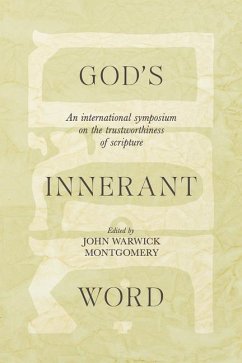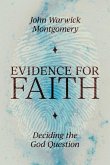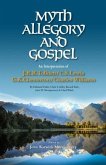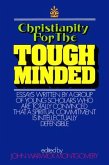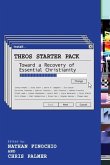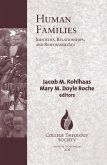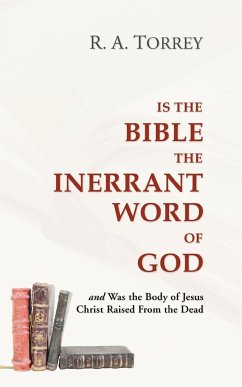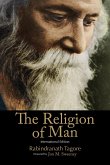Editor John Warwick Montgomery (b. 1931) is one of the major philosophical apologists of the 20th century. He is also a trained lawyer, which influenced his "historical/legal" approach to Christian apologetics. He is perhaps best known as a writer for his books History and Christianity, How Do We Know There is a God?, Faith Founded on Fact, Evidence for Faith, Where is History Going?, The Shape of the Past, The Quest for Noah's Ark, as well as for his debates with the infamous atheist Madalyn Murray O'Hair (1967); with Joseph Fletcher [reprinted in Situation Ethics: True or False); with "Death of God" theologian Thomas Altizer [reprinted in The Suicide of Christian Theology]. R.C. Sproul wrote in the Foreword to this 1974 book, "The essays in this book were written as research articles for delivery at the Conferece on the Inspiration and Authority of Scripture... in the fall of 19763. The Conference was sponsored by the Ligonier Valley Study Center, a facility developed to make the resources of Christian scholarship available to today's laymen and pastors... The eleven essays comprising the text of this book were all publicly delivered at the Ligonier Conference." (Pg. 9) Essays are included by authors such as Montgomery; J.I. Packer; John Gerstner; Clark Pinnock; John Frame; Sproul, etc. Montgomery states in his own Introduction that "The Ligonier Conference ... [was] designed specifically to serve as an adrenal injection for the faint-of-heart who question the place of inerrancy in historic Christian theology or doubt that modern research is compatible with an errorless Bible. The essayists may differ from each other in a number of respects... [but] they hold in common the historic Christian confidence in an entirely trustworthy Bible. They would impart that confidence to the readers of this volume..." (Pg. 14) Montgomery states in his first essay, "Embedded in the liberal evangelical's attempt to preserve an infallible Bible in spite of errors is a further and even more serious fallacy. We invariably find that the 'non-revelational areas' are the areas of 'science and history'---the areas of prime testability... The result---if one carries this line of reasoning to its logical conclusion---is ... Where the Bible errs, it is non-revelatory; when it is capable of being tested ... it is precariously revelatory---revelatory only until proven wrong; and where it cannot be tested it always remains revelatory and inerrant!... This is just like believers in sea serpents claiming that they appear only when no scientists are present." (Pg. 31-32) Pinnock observes, "If we say, as Vatican II does, that inspiration guarantees only those truths necessary for salvation, the question arises, how much we need to know to be saved. The way is open for someone to come along wth the opinion that he need know very little. Very little, then, is inerrantly taught in Scripture." (Pg. 150) Sproul says in an essay, "Jesus' understanding of the ... Old Testament Scriptures ... casts a shadow over his own sinlessness---Jesus does not have to be omniscient to be infallible. But he must be infallible to be sinless. That is to say, if Jesus, claiming to be sent from God and invoking the authority of God in his teaching errs in that teaching, he is guilty of sin. The one who claims to be the truth cannot err and be consistent with that claim. Anyone claiming absolute authority in his teaching must be abolutely trustworthy in what he teaches in order to merit absolute authority. In light of his claims, Jesus cannot plead 'invincible ignorance' as an excuse for error." (Pg. 253) These essays will be of great interest to any Christians studying the doctrine of biblical inerrancy. -- by Steven H. Propp Top 100 Reviewer
Hinweis: Dieser Artikel kann nur an eine deutsche Lieferadresse ausgeliefert werden.
Hinweis: Dieser Artikel kann nur an eine deutsche Lieferadresse ausgeliefert werden.

